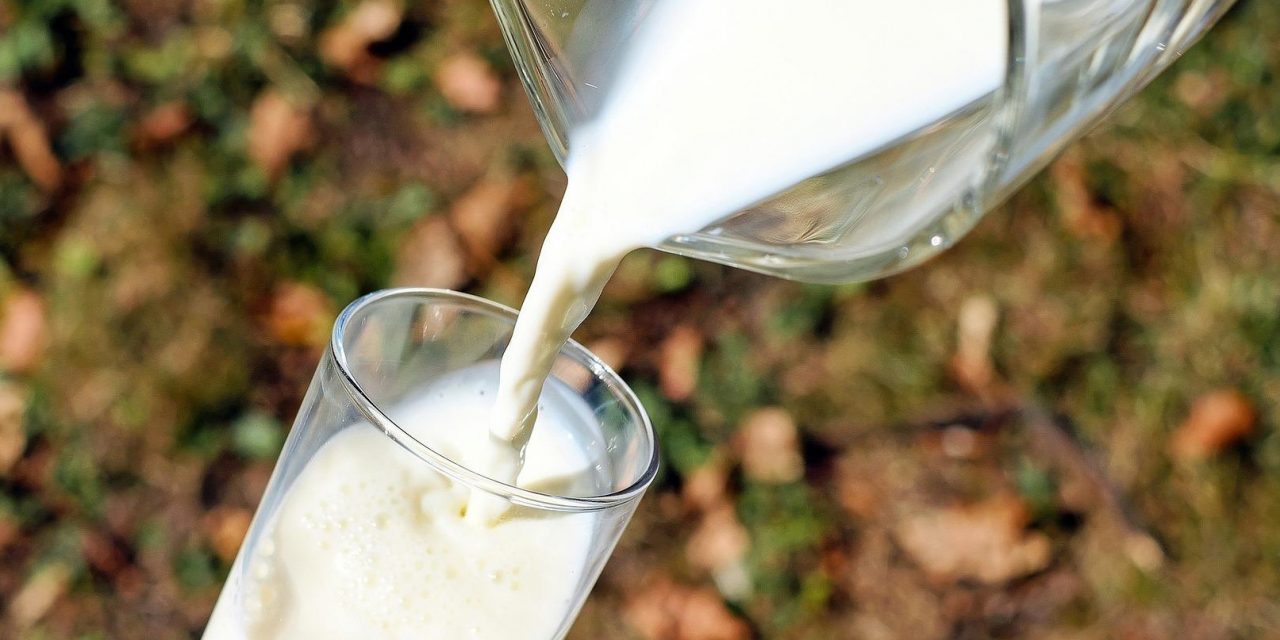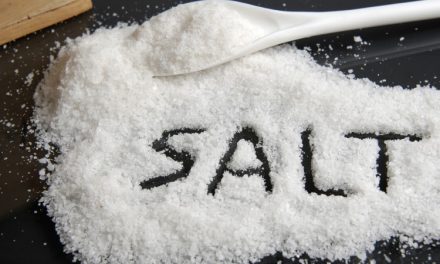Who serves as a soldier at his own expense? What farmer plants a vineyard without eating any of its fruit? Or who tends a flock without getting some of the milk?–1 Corinthians 9:7 (ESV) Milk is a nutrient-rich liquid food produced by the mammary glands of mammals (Lamentations 4:3 (ESV) –Even jackals offer the breast; they nurse their young…), and the primary source of nutrition for young mammals before they are able to digest solid food (1 Corinthians 3:2 (NIV) –I gave you milk, not solid food, for you were not ready for it...). [1] It can also be substituted for water in many recipes, making dishes more substantial and giving them a richer taste. Nutrition Facts Below is a table showing the nutritional value of different types of milk per 1-cup serving (all data from the USDA). All varieties are comparable in carbohydrates and sugar quantity (about 12g each) and protein (about 8g each). [2] Calories Calcium Total fats Saturated fats Unsaturated fats Cholesterol Whole milk 149 276mg 8g 4.5g 2.5g 24.4mg 2% (reduced-fat) milk 122 307mg 5g 3g 1.1g 19.5mg 1% (reduced-fat) milk 102 305mg 2.4g 1.5g 0.8g 12.2mg Nonfat (skim) milk 90 316mg 0.6g 0.4g 0.2g 4.9mg Reduced-fat milk (2% milk) is one of the most popular varieties of cow's milk. It provides less fat than whole milk but has a creamier taste and texture than skim milk. [2] Who can Drink Milk? Not everyone can drink milk; some have a milk protein allergy which is common in both children and adults, and can range from mild to severe. Lactose intolerance is also quite common and affects around 65% of the world’s population. [3] For these reasons people choose to use nondairy milk alternatives. A few examples include: coconut milk, almond milk, soy milk, rice milk and oat milk. Proven Health Benefits of Milk [4] Milk can also be substituted for water in many recipes, making dishes more substantial and giving them a richer taste (Judges 5:25 (ESV) He asked for water and she gave him milk; she brought him curds in a noble’s bowl). Finally, remember that milk is perishable and should be stored in a cool and dry place. REFERENCES
Convert Text to Speech
GETTING SOME MILK?












Recent Comments